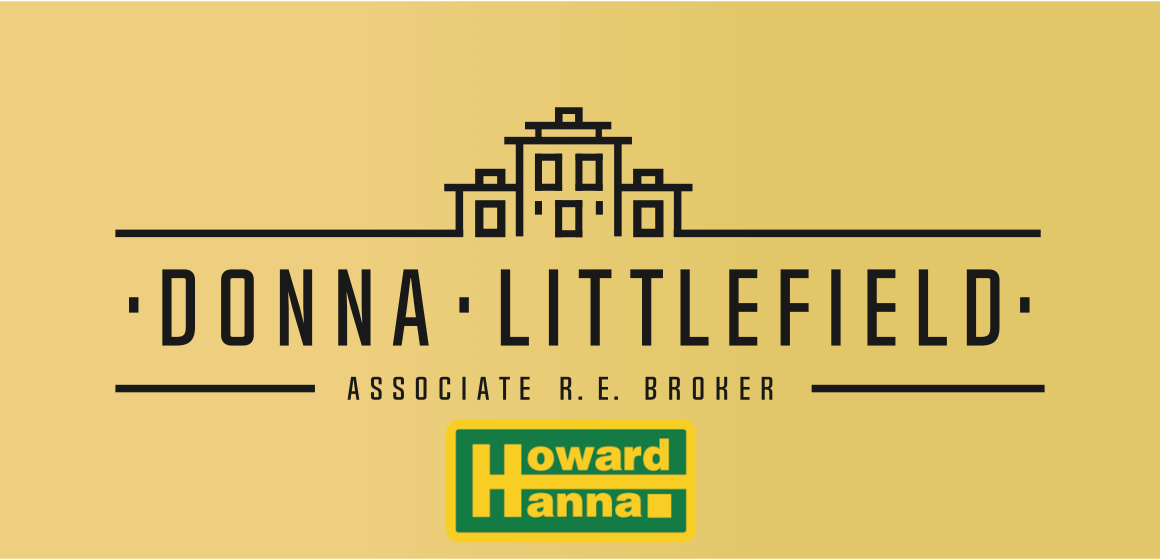So you’re thinking about working with a real estate agent, but you’ve never done so before, or it has been a really long time since you last dealt with the whole buying and selling process… what are some things to ask a potential real estate agent?
Questions to Ask
First, it’s good to do some online research and “interview” potential agents you might like to work with… asking them key questions like, “How long have you been working in real estate?” It’s nice to work with someone seasoned, with several years under their belt, compared to newbies.
Next, you might want to ask, “What’s your average number of clients?” You can then figure out if he or she will have time to devote to your needs, or if you’d end up feeling like just another number on a long list. If you’d be the agent’s only client, that might be a red flag because you’d think, “What is it about them that I’m the only one they’re working with– shouldn’t they have at least a handful of clients right now?” If they’re good, then yes– they should have a couple clients at any given time.
Also, you’ll want to ask, “What area(s) do you generally cover?” For example, Donna Littlefield generally covers Wheatfield, Pendleton, Amherst, Clarence, North Tonawanda, and Tonawanda, New York. Donna is your ideal agent covering both Erie County and Niagara County. If you’re looking for a place in Western New York, she can help you find the perfect property for your needs.
Another thing to find out is, “Are you part of a team or do you work solo?” You’ll want to know whether or not you’d be working with just one agent or if there are others “on the team” who you’d be interacting with, for whatever reason.
Do you have a unique situation– the kind that’s a bit “out there?” If so, you’ll want to ask your potential agent if he or she can handle that… and if they’re honest, they’ll tell you a simple yes or no.
Finally, it’s a good idea to ask, “What kind of communication can I expect from you?” Are they the kind of agent who does everything by email? Do they call you on the phone? Do they love in-person meetings? Basically, you want to know what you’re “getting into” before choosing to work with a particular agent whom you’ll be spending a lot of time and energy dealing with, in order to buy or sell real estate.

 If you’re the kind of person who likes to have people over but there’s nowhere for them to sit, stand, chat or eat, then you might need a larger home. If you have a whole lot of stuff to store but there’s not enough room in your current place, such that you’re paying to rent a storage locker down the road, then it’s time to “move on up” in the world of bigger homes.
If you’re the kind of person who likes to have people over but there’s nowhere for them to sit, stand, chat or eat, then you might need a larger home. If you have a whole lot of stuff to store but there’s not enough room in your current place, such that you’re paying to rent a storage locker down the road, then it’s time to “move on up” in the world of bigger homes.
 With regards to location, there are several factors. For most people, it’s “how close to work is it?” If you have a job in Rochester, but live in Buffalo, that one and a half hour commute might not be ideal, especially in winter. But if you have a job in Tonawanda and a house in Wheatfield, that fifteen minutes or less commute works well.
With regards to location, there are several factors. For most people, it’s “how close to work is it?” If you have a job in Rochester, but live in Buffalo, that one and a half hour commute might not be ideal, especially in winter. But if you have a job in Tonawanda and a house in Wheatfield, that fifteen minutes or less commute works well.